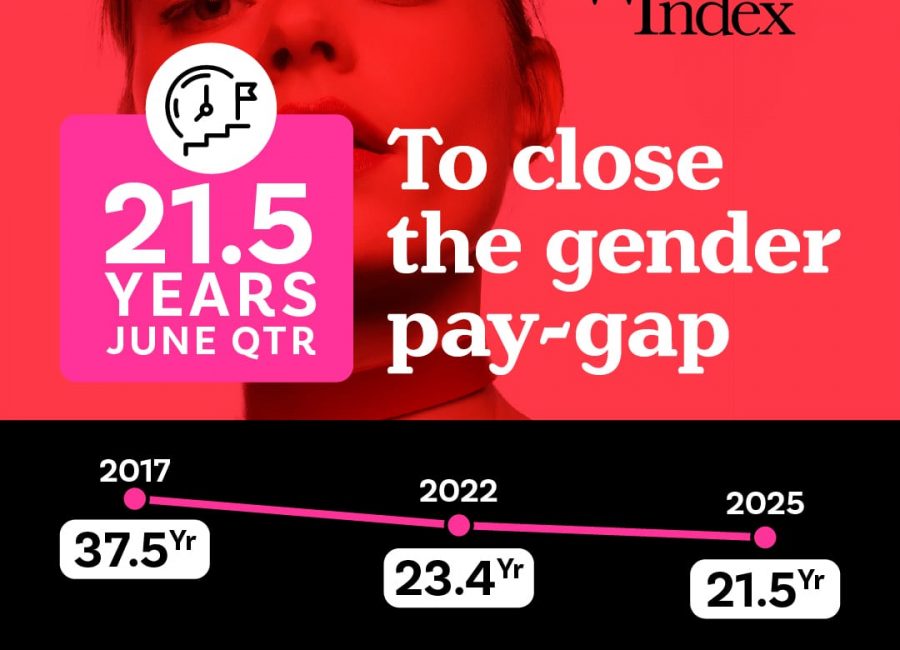There’s no secret formula to saving money.
People who save don’t belong to an exclusive club.
Anyone can do it. So the question is, what’s stopping you?
It’s about being in control of your money every single day.
Best of all, the more you do it, the easier saving money becomes.
What do you want and what do you need?
Take a close look at what you spend your money on.
Is it vital that you start every day with a takeaway coffee?
You may think you can’t function without it, but is this honestly true?
What about clothes?
How many clothes do you actually wear?
Do you really need to buy a new outfit every week or two?
Too often, we confuse what we want for what we need.
A $5 coffee each weekday may seem trivial, but it adds up: $25 a week, $100 a month, $1200 a year.
This figure rises substantially if you also buy your lunch every day.
Imagine the money you could save by not doing this.
Saying no to takeaway coffees and packing your own lunch means you can easily pay an extra $55 a week on your home loan. This can reduce your home loan period from 30 years to 25 years!
What other expenses can you cut back for long-term financial gain?
Stop worrying about what others think
In our Consumerholic society, we’re encouraged to spend as much as possible on things we don’t need.
We’re pressured to keep up with the latest trends and technology.
And if we try to be prudent, we’re criticised as being “stingy”.
Remember, it’s your financial future that’s at stake: you cannot afford to throw your money around simply to please everyone else.
Here are some easy-to-implement money habits that will help save you money:
- Have a household budget and review it every year.
- Know how much your monthly household expenses are.
- Pay your bills on time to avoid late-payment fees.
- Have a budget for the family’s clothes and shoes for the year.
- Restrict eating out to a maximum of twice a week.
- Budget and save for family holidays, instead of using your high-interest credit card.
- Make more than the minimum repayments on your mortgage to pay it off earlier.
- Go shopping with a list and stick to it.
- Buy household supplies and groceries in bulk.
Being money wise doesn’t mean life has to be boring.
It also doesn’t mean you can’t buy things that truly give you pleasure.
The key is to prioritise what you need and the things that truly matter to you.
How you can start saving now
A good rule of thumb is to set aside 10 per cent of your income each year.
If this seems too much, start smaller.
All it takes is $50 a week.
Place this into an interest-bearing account you can’t touch.
After a couple of months, try building on it.
Increase the amount you set aside by $10 a week, every two months.
Watch your savings grow!












